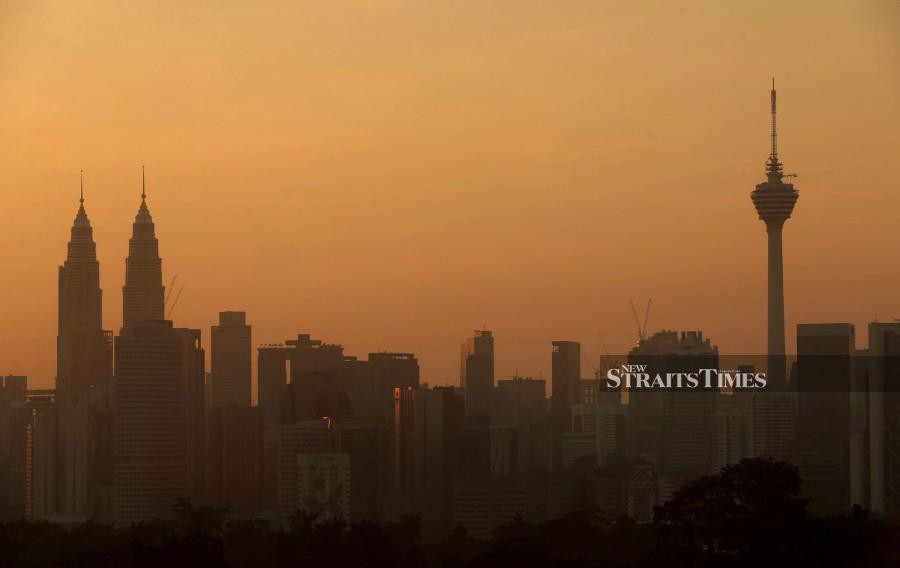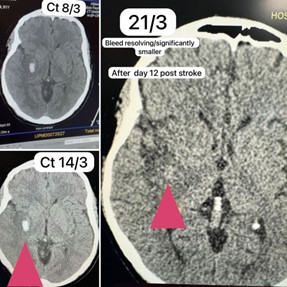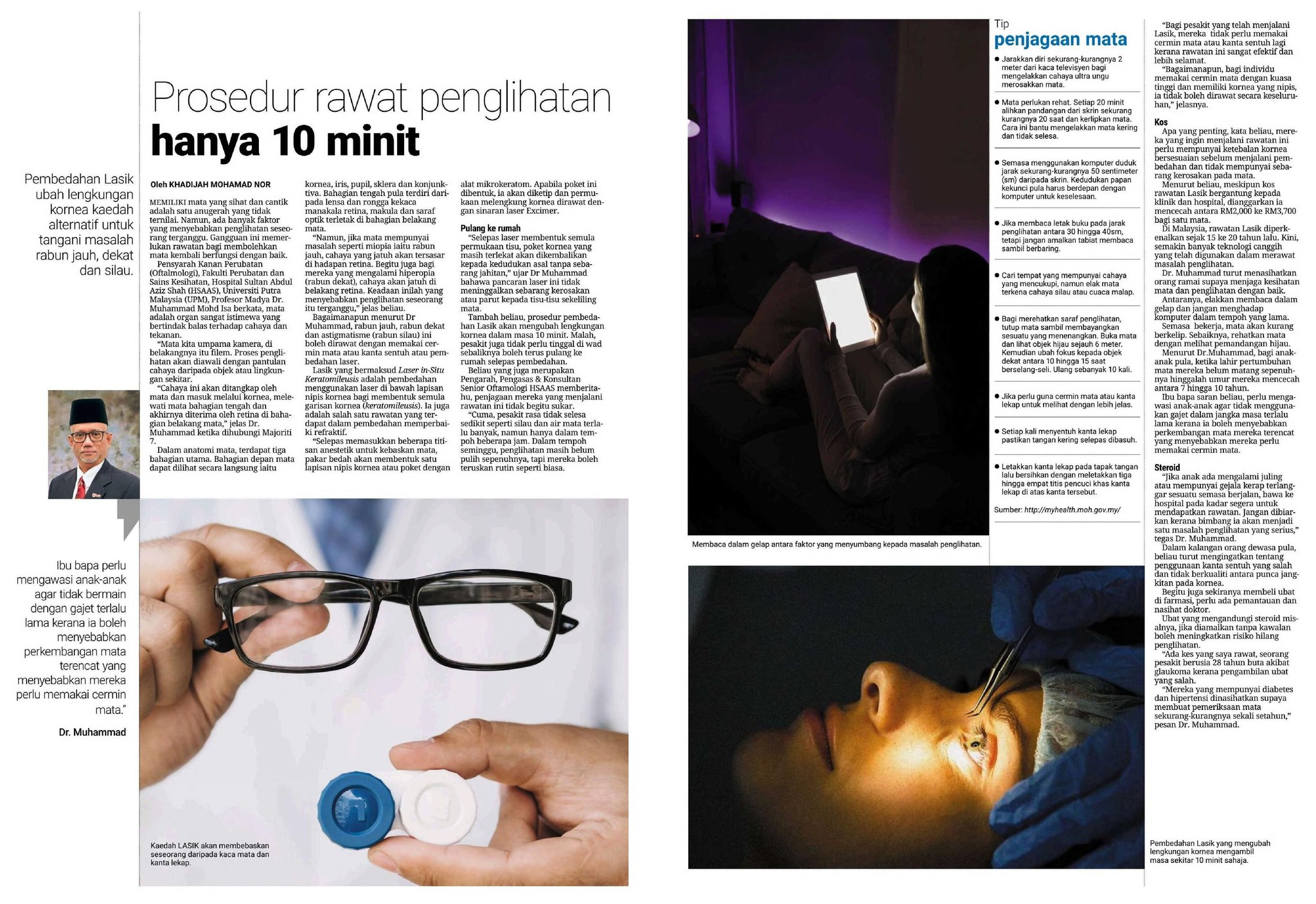LETTERS: HOW many of us are bothered by the quality of air in our living spaces?
I am sure our family conversations do not revolve around this topic but we should be concerned about it.
There are many possible contaminants in the air inside our homes. Rising from a seating position can affect the ambient air around the person due to perturbation of fine solid particles from the seat surface and their suspension in air.
Similarly, sweeping the floor and cooking can also alter air quality and dynamics.
If there is a smoker in the house, indoor air quality can be severely affected. Those around the smoker are also exposed to side-stream smoke (or second-hand smoke).
Cigarette smoke is a suspension of chemicals which consist primarily of solid carbon particles resulting from the burning process.
These solid particles will sediment as residues that linger on the surface of furniture, walls and floor. This is also referred to as third-hand smoke.
While many are aware that first- and second-hand smokers are at high risk of exposure to cancer causing toxicants, the impact of third-hand smoke is less well known.
Besides exposure to micron-sized particles (1-10 micron and referred to as particulate matter or PM), ultrafine particles (UFP, usually
Why does size matter? Because a smaller-sized particle is capable of deeper penetration into the respiratory organ (lungs).
It is a fact that particles in cigarette smoke can cause cancer and respiratory illnesses following sustained exposure.
Back to general indoor ventilation. In our hot and humid tropical climate, most houses are fitted with air-conditioners. This means windows are tightly shut to not only prevent cool air from escaping but also to avoid the entry of another vector of communicable disease — mosquitoes.
One should be aware that all particles (PM, NP, UFP) readily penetrate the air-conditioner filtering mechanism and can be circulated indoors.
Most household air-conditioning units are not fitted with high-efficiency particulate air (HEPA) filters that function to remove most particles from the air in circulation.
HEPA filters are normally reserved for use in commercial manufacturing premises.
Now that we are spending a lot of time at home, regular cleaning of air-conditioner filters and servicing of air conditioner units are important.
If you have been smoking indoors, it's all the more reason that your air-conditioners are serviced according to schedule to ensure clean air is circulated in the space where we eat, work, play and sleep.
To further protect third-hand smokers, regular washing or wiping of indoor items is recommended.
For most surfaces, plain water (with a light detergent) will do. Houses near heavy vehicle traffic will have more dust on surfaces which must be wiped on a regular basis.
Fabrics, especially those in frequent contact with babies and young children, will require regular washing.
Introduce frequent aeration of indoor air by leaving some doors and windows open during the day.
Moving forward, when people return to a semblance of normal life by heading into their offices, indoor air quality at the workplace should also be made a priority.
This will benefit the worker, the firm as well as the economy as a whole. All hands will be on deck to kick-start the economy after such an unprecedented period of stagnation.
All of us are looking forward to resuming work and life activities post-Covid-19.
We must do all we can to ensure stringent precautions are taken at home as well as at the workplace due to the looming threat of subsequent waves of Covid-19 infection.
DR NG YEE GUAN
OCCUPATIONAL SAFETY AND HEALTH EXPERT
UNIVERSITI PUTRA MALAYSIA












.jpg)















